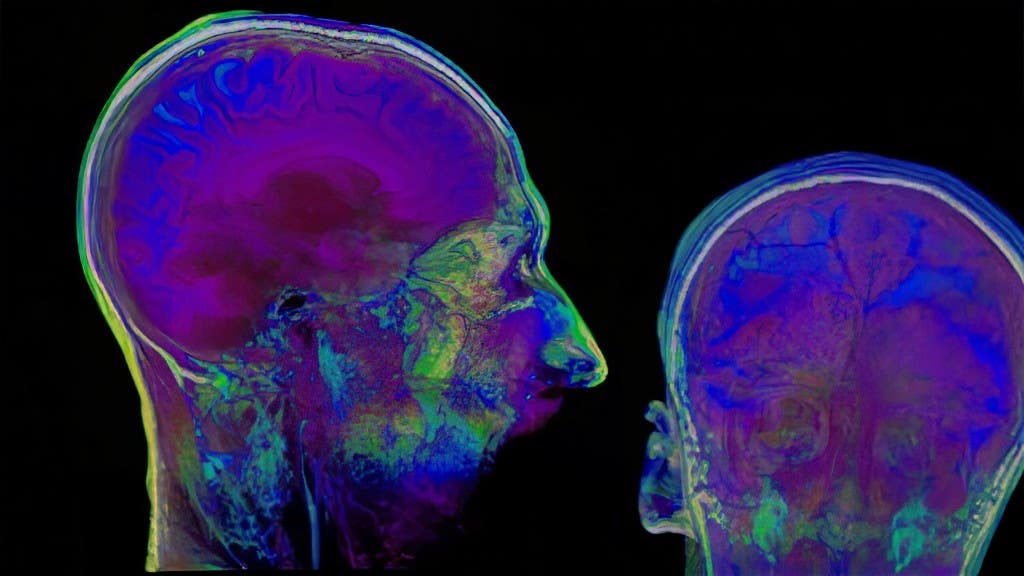Yale and Berkeley researchers reveal the surprising key to living a good life
Researchers discovered that contentment differs significantly from other positive emotions like happiness, joy, pride, and relief.

Researchers discovered that contentment differs significantly from other positive emotions like happiness, joy, pride, and relief. (CREDIT: Creative Commons)
The quest for a fulfilling life has long centered around the pursuit of happiness. Embedded in the cultural fabric of the United States and beyond, this relentless chase for joy seems almost innate.
However, recent psychological research calls into question this conventional wisdom, suggesting that happiness might not be the ultimate key to a satisfying existence after all.
For years, happiness has been closely linked with well-being, with many considering it the holy grail of positive emotions. From self-help literature to popular psychology, happiness has been hailed as the gateway to a prosperous and meaningful life. But what if this societal fixation on happiness misses the mark?
A series of studies by researchers challenges this prevailing notion, offering a more nuanced perspective on well-being. Their findings build a compelling case against the singular focus on happiness.
Related Stories
Researchers embarked on a comprehensive research program, initially examining how individuals perceive various positive emotions. Among these emotions, one stood out: contentment.
They discovered that contentment differs significantly from other positive emotions like happiness, joy, pride, and relief. Contentment exhibits lower arousal, a more neutral valence, reduced focus on acquisition, and a greater emphasis on the present moment.
The central hypothesis posited by the researchers was that contentment, as a distinct positive emotion, plays a pivotal role in psychological well-being and life satisfaction. This notion challenges the widespread belief that high-arousal positive emotions such as happiness and joy are the primary drivers of well-being.
Gephi visualization of mean similarity ratings for emotion pairings, with thickness of line and close proximity indicating higher similarity. Color coded by SPSS cluster analysis output. (CREDIT: Springer Link)
To test their hypothesis, the researchers conducted a series of six studies utilizing diverse methodologies, including surveys and experimental inductions of contentment. These studies collectively explored the relationship between contentment and well-being, both as a trait and a state.
The results were remarkable. Dispositional contentment emerged as a robust predictor of psychological well-being and life satisfaction, even after accounting for other positive emotions. The research underscored that contentment was particularly influential in predicting self-acceptance, environmental mastery, purpose in life, and overall satisfaction with life.
Mediation model for Study 6. The predictor variable compares the content condition with the pride and joy conditions (coded as contentment = 2, pride = −1, joy = −1). Analyses control for the orthogonal control contrast (coded as contentment = 0, pride = 1, joy = −1). Unstandardized coefficients are displayed. p
In the final study, researchers went a step further by experimentally inducing contentment and comparing its effects with other positive emotions like pride and joy. Not only did the findings support their hypothesis, but they also revealed a causal connection between contentment, increased self-acceptance, and heightened life satisfaction.
So, what implications do these findings hold for our conception of the "good life"? The research challenges the prevailing emphasis on high-arousal positive emotions and urges a broader consideration of the spectrum of positive emotional experiences. While happiness remains important for well-being, contentment, with its unique attributes, emerges as a vital component in fostering a sense of completeness and well-being.
Dispositional attribution. (CREDIT: helpfulprofessor.com)
In a culture that often glamorizes the pursuit of unrelenting happiness, this research advocates for a more balanced approach. The good life may not solely hinge on the pursuit of intense joy but could also involve cultivating moments of tranquil contentment and acceptance of life's ups and downs.
Embracing a variety of positive emotions, including those with lower arousal, may offer a more comprehensive and sustainable path to well-being.
For more science stories check out our New Discoveries section at The Brighter Side of News.
Note: Materials provided above by the The Brighter Side of News. Content may be edited for style and length.
Like these kind of feel good stories? Get the Brighter Side of News' newsletter.



